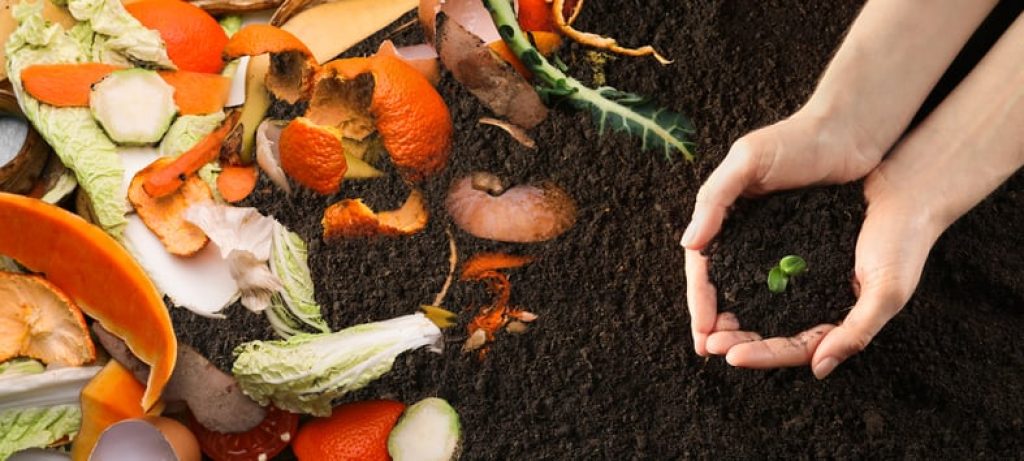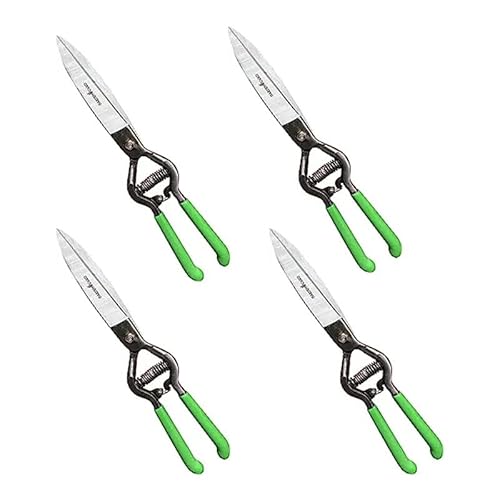

Buying fertilizer at the hardware store or garden center can be a costly endeavor. In addition, many of the ingredients are anything but natural. Therefore, we have some useful tips on how you can usefully process garden and kitchen waste and create your own fertilizer from your compost.
The number one fertilizer
Compost is not only a cost-effective fertilizer, it is also very productive, 100 percent natural, rich in nutrients and enriches the garden soil with humus. Among other things, it contains phosphorus, magnesium and potassium – a real nutritional supplement for your garden. When you compost, you also recycle your organic and garden waste – a win-win situation for you and your garden.
It’s all in the mix

If you have installed a composter or set up a compost pile, you should take care not to dispose of only one type of biological waste on it by any means. A compost needs solid components, such as mown grass, and loose components, such as autumn leaves. The process of composting will be more effective and faster if you mix the waste well.
Also, make sure that the compost is not too dry – but it should not be too moist either. Only then can the microorganisms in your compost work ideally and decompose the different layers and process them into humus.
How can I tell that the compost is ready for use?
It is not so easy to estimate. Fresh compost is usually ready for use after six months. It is coarse in texture and rich in nutrients. It should ideally be used as a mulch. Do not use fresh compost for new seedings – otherwise you run the risk of overfertilizing them, as this humus is simply too vigorous for seeds or young plants.
Also, it should not be worked into the soil. Before using it, you can sift the compost so it doesn’t look too coarse on your beds. This also applies to mature compost – you will get this after about a year. Of course, you can also use compost accelerator.
Fertilizer for the whole year
The finished compost can serve you as fertilizer all year long. However, you should use up the mature compost as soon as possible, otherwise the nutrient content will decrease. Basically, fertilize for the first time in the spring, in the growth phase. Caution: there are plants that do not tolerate the compost.
Additions such as eggshells often make it too calcareous for rhododendrons or azaleas. Heavy growers such as potato or pumpkin plants, on the other hand, love plenty of compost. However, because the nitrogen content is quite low, compost is unsuitable for some heavily flowering ornamental plants.
Fertilizing whole beds
Now, if you want to create a new bed, such as a perennial bed, you can enrich sandy soil with up to forty liters of compost, depending on the size of the bed to be fertilized. For up to three years you will not need to re-fertilize this bed.
You can also use the compost in the fruit or vegetable bed – we have already mentioned the strong growers. So-called medium growers, such as lettuce or strawberries, need a little less compost, and herbs, which belong to the weak growers, need it even less. But the natural fertilizer can also be used in pots or flower boxes. However, again be careful not to overfertilize young plants.







